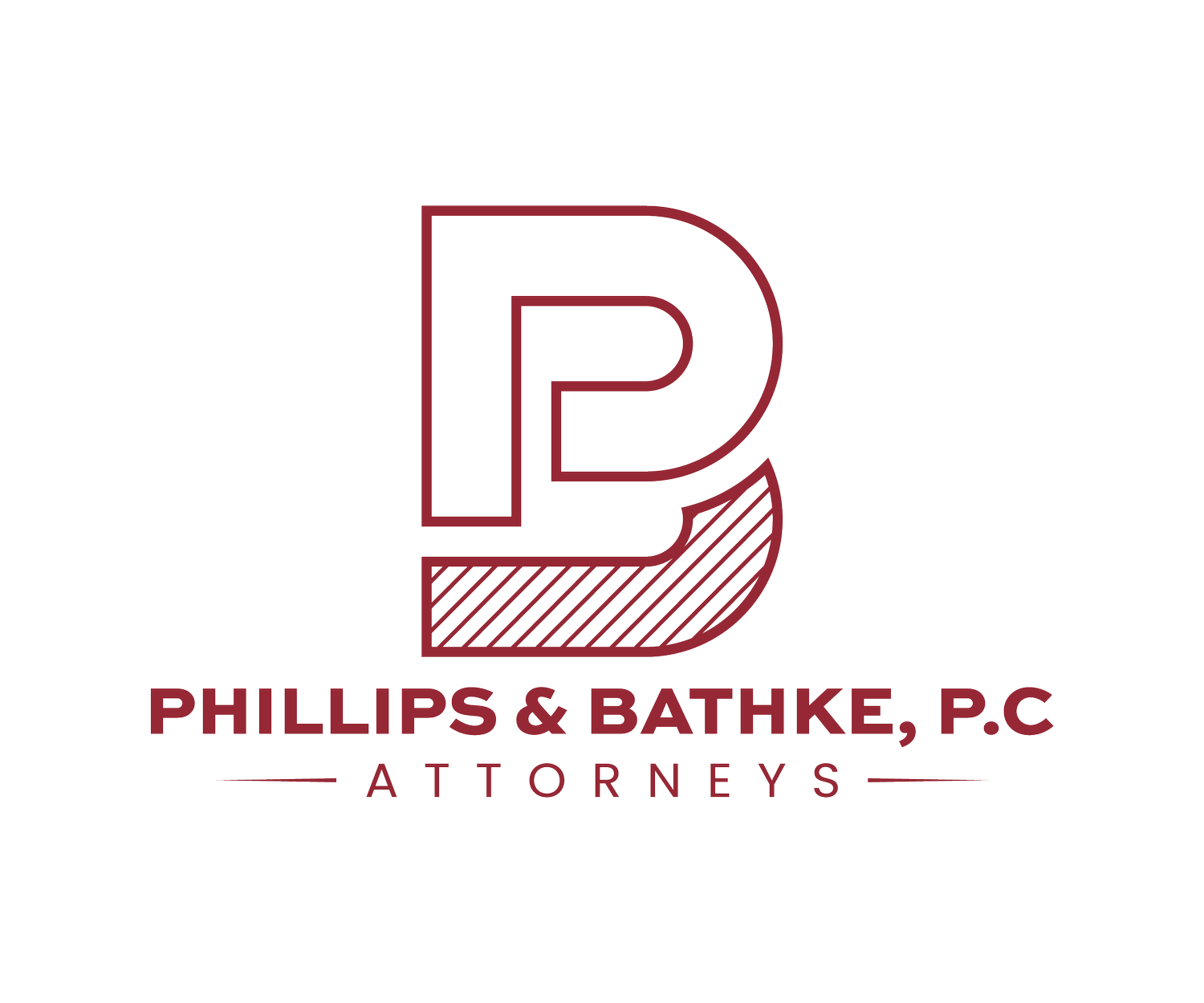Clean line dealt another blow in attempt to build hvdc line
Grain Belt Express Clean Line, LLC was once again thwarted in its attempts to build a direct current transmission line. The crucial step for such a project is securing a Certificate of Public Convenience and Necessity (CPCN) from the Illinois Commerce Commission. In the end, the new company simply could not show it had the financial capability to construct the project.
The case revolves around company's attempts to build a high-voltage direct current (HVDC) transmission line. A key requirement for such a project is obtaining a Certificate of Public Convenience and Necessity (CPCN) from the Illinois Commerce Commission (ICC). Ultimately, the company failed to demonstrate the financial capability necessary to undertake the project.
According to a number of court decisions, these newly formed Clean Line companies lack financing and are based on a Field of Dreams-esque “if you build it, they will come” mentality that once constructed, wind farms will pop up in the Great Plains. Proponents will argue these judicial rejections will slow renewable energy development. Opponents argue that upstarts that have nothing other than a business plan and a dream should not be handed the keys to the great power afforded by being a public utility: eminent domain, when Illinois landowners are treated as no more than a place to put an extension cord as they get none of the power being sent eastwards.
Background
This case is part of an ongoing, decade long struggle between the Clean Line energy companies, including Grain Belt Express Clean Line, LLC, landowners, and the Illinois Commerce Commission.
In a prior phase of this case, Jonathan Phillips and his former firm successfully argued that Grain Belt Express was not a public utility. This argument was based on the Illinois Supreme Court's decision in Illinois Landowners Alliance v. Illinois Commerce Commission (2017), which required public utilities to have property and equipment in the state for public use rather than mere future intentions, another case involving Attorney Phillips.
Grain Belt Express then sold to Chicago-based Invenergy. Rather than attempting to qualify as a public utility, Invenergy chose to lobby for legislative changes. These efforts culminated in the Climate and Equitable Jobs Act (Public Act 102-0662), which amended 17 various laws, among them, the Public Utilities Act. The Public Utilities Act was amended to allow non-utilities to obtain a CPCN as “qualifying direct current applicants,” even without owning Illinois-based assets.
This amendment specifically applies to DC transmission lines, unlike the more common alternating current (AC) lines. For historical context, the rivalry between Thomas Edison and Nikola Tesla over AC and DC currents is well-documented and remains a fascinating topic.
Potential Motivation
Typically, companies seek to avoid increased regulation, but in the case of Clean Line companies, they sought the regulatory framework of public utilities to gain the power of eminent domain. With new ownership and revised laws, Grain Belt Express “2.0” refiled its application under the new legislation. That said, landowners' opposition remained strong.
Current status and case
As it stands, Grain Belt Express still lacks critical infrastructure, such as a converter station in Kansas, and does not yet have the wind power sources it claims will appear. Despite these setbacks, the ICC granted a CPCN again, under revised financing conditions that required the company to secure full funding before infrastructure installation.
Landowners appealed this decision, and the Fifth District Court of Appeals overturned the ICC's ruling. The court found that Grain Belt Express had not shown current financial capability required by the statute and thus should not have received the CPCN. Put another way, expectations of future financing if things are going well, even if an applicant conditions beginning construction on such financing, remains insufficient to secure a CPCN in Illinois.
Assistance with transmission line projects
If you need assistance with transmission line projects, our attorneys can help. From being part of a group securing transmission-project-ending decisions above, to rerouting projects, and to simply securing advantageous easement terms, we have the experience in this niche area of law to get you the results you need. You can submit an Intake Form and we will reach out to discuss.
